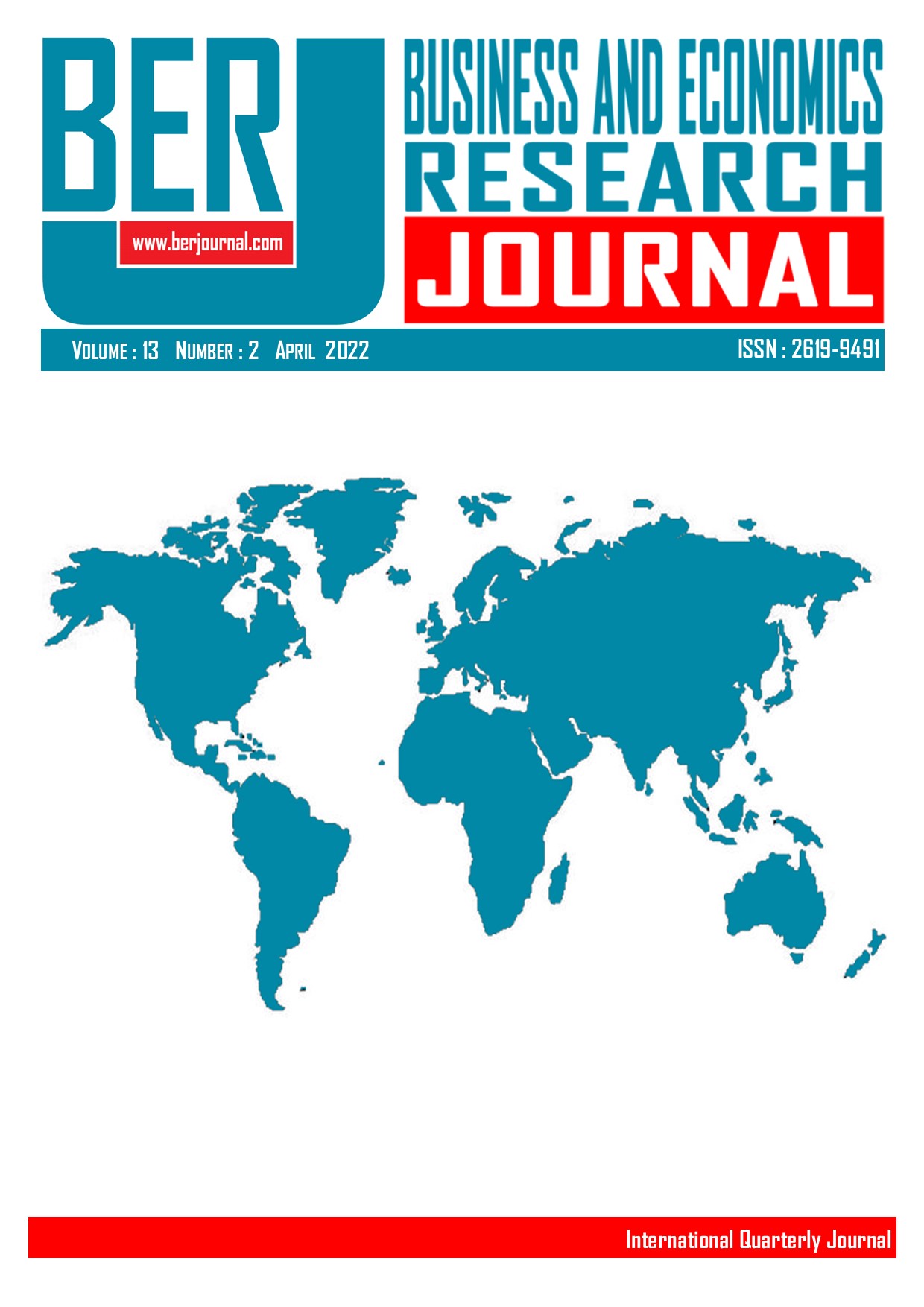Türkiye’de Bölgesel İşsizlik ve Suç Türleri İlişkisi: Panel Veri Yaklaşımı
Relationship with Regional Unemployment and Types of Crime in Turkey: Panel Data Approach
Author(s): Mehmet Çınar, Canan TasSubject(s): Labor relations, Criminology
Published by: Adem Anbar
Keywords: Unemployment; Crime; Fixed Effects Model; Random Effects Model; PCSE;
Summary/Abstract: In this study, using the 2009-2019 period data for 26 regions of Turkey, the relationship between unemployment and crime types was examined with a panel data approach. In addition, the crime model was analyzed in two categories as against property and life. According to the findings obtained from the analysis results, it was concluded that the relationship between unemployment and crime was positive in the direction of expectations. When evaluated in terms of different crime types, it was revealed that the most common crime type of unemployed individuals was theft, and the least type of crime was insult. When looking at the results of crimes against property and life, it was determined that the increase in unemployment by one thousand increases the crimes against property almost three times compared to crimes against life. In addition, it was determined that the increases in unemployment and divorce increase the tendency to crime, and the increases in income and education reduce the tendency to crime. Furthermore, unemployment, divorce, income, and education variables were all found to be more effective on crimes against property than crimes against life. Although many independent variables were used in the multiple regression model, it was determined that the most effective variable on crime was unemployment.
Journal: Business and Economics Research Journal
- Issue Year: 13/2022
- Issue No: 2
- Page Range: 179-197
- Page Count: 19
- Language: Turkish

